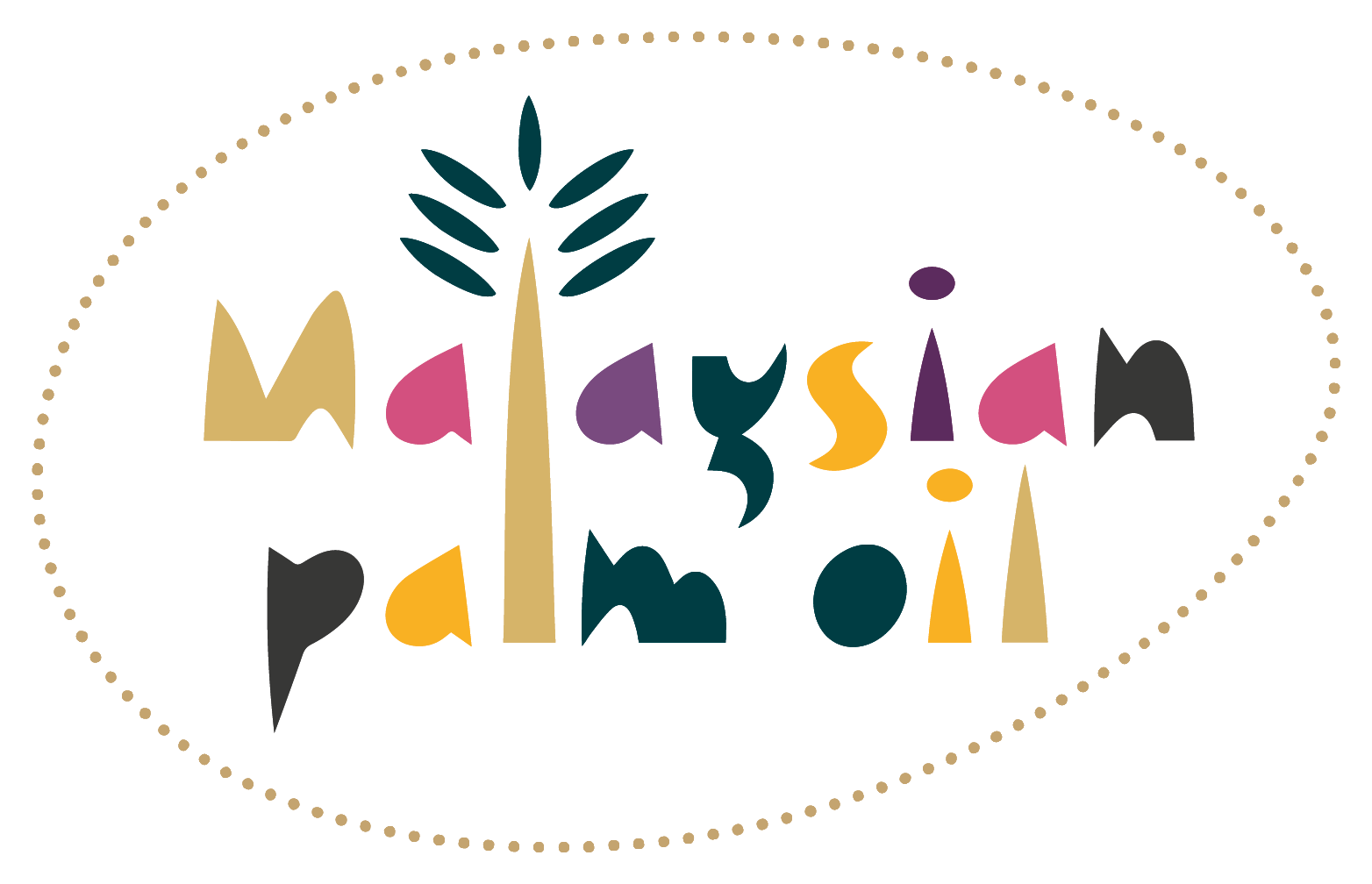On February 2nd, the EU convened its second Joint Task Force (JTF) meeting with Malaysia and Indonesia since the ad hoc body was formed last June. The JTFâs stated purpose is to address concerns related to the implementation of the EU Deforestation Regulation (EUDR), and a key question is whether it is the right format to not only address the many concerns that producers have, but also to act upon those concerns.
Many of these concerns relate to the EUDRâs marginalisation of Malaysian farmers, especially the 450,000 smallholders that form the backbone of the Malaysian palm oil community. Palm oil smallholders play a critical role in uplifting rural livelihoods and promoting socio-economic development. They also contribute greatly to ensuring food security. Despite this, the EU has failed to regard smallholders as an essential stakeholder and partner, with the consequence that the EUDR undermines the smallholder farmers, and will have serious negative consequences for those families if it is not changed.
A core question now is – how could the JTF become a forum for a win-win solution, supporting the EUâs objectives of rebuilding relations and addressing implementation â but also meeting Malaysiaâs needs of substantive changes to problematic areas of EUDR?
First, it should identify a path forward that allows the EU to delay the implementation of the EUDR. The current deadline is unworkable and risks creating far-reaching harm, especially for small farmers, that could be avoided through a more deliberative and balanced approach. Some European companies are already advocating such a delay, and recent precedent indicates that one is attainable.
Second, the JTF should take as broader view of how the EUDR negatively impacts small farmers, who stand to be discriminated against by the EUDRâs unilaterally imposed benchmarking systems and traceability requirements. How can EUDR changes via the JTF mitigate these hardships? If this does not take place, the EUDR deadline will stand in direct contradiction to the EUâs commitments to sustainable development and the UN SDGs.
Third, it should recognize the Malaysian Sustainable Palm Oil (MSPO) certification as an essential compliance tool. This would improve the EUDRâs effectiveness and demonstrate an attempt to value and integrate, rather than override, existing mechanisms.
Addressing these three areas would provide confidence that the JTF is a substantive format, and not a talking shop.
It would demonstrate the blocâs willingness to engage with its counterparts as equal partners. The Malaysian position is clear that the JTF should not only focus on compliance. There are areas of substance within the EUDR that Malaysia has been clear it wishes to see changed, or flexibility introduced. If used correctly, the JTF can still achieve these results.
The EUDR remains one area of concern, in an otherwise bright and promising global outlook for Malaysian palm oil in 2024. The UK governmentâs expert body, the Trade & Agriculture Commission, has accepted the sustainability of Malaysian palm oil exports, MSPO continues to gain international acceptance as a standard, and new technologies are advancing the industry faster than ever before.
As Plantations and Commodities Minister Datuk Seri Johari Abdul Ghani recently said, “Despite grappling with significant challenges domestically and internationally, including a shortage of labor, unpredictable weather conditions, concerns about environmental issues, geopolitical upheavals, and shifts in trade policies, the outlook for the palm oil market remains optimistic for 2024.â
